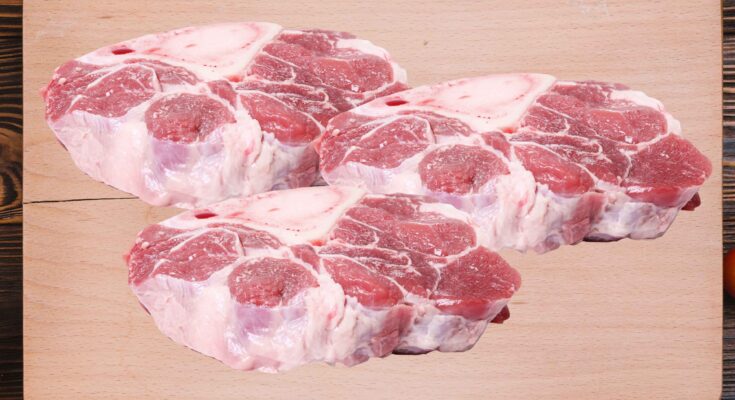Factors Affecting Shelf Life – lifespan of frozen meat:
Several factors influence how long frozen meat remains safe and palatable
Type of Meat: Different types of meat have different freezer shelf lives. For example, beef, pork, and lamb normally stay fresher longer than chicken and fish because they have less fat, thus, preserving them better.
Packaging: The way meat is packaged prior to freezing affects its lifespan greatly. Vacuum packaging excludes air, hence reducing the damages from freezer burn, therefore extending shelf life of foods. Another option is to wrap meat securely in freezer paper or heavy-duty aluminum foil which will also help to keep freezer burn from occurring.
Freezer Temperature: A constant and properly cold temperature is the key factor in keeping the quality of frozen meat. The FDA suggests that the freezer should be at or below zero degrees Fahrenheit (minus eighteen degrees Celsius) to inhibit bacterial growth and preserve food safety.
Freezer Burn: Freezer burn occurs when moisture evaporates from the surface of frozen meat which is followed by dehydration and oxidation. Freezer burn is not a health risk but can leave beef tasting bad or having an unpleasant texture. It can become dry and leathery tasting and break fabric like you’re chewing a sponge.
Shelf Life Guidelines:
Beef, Pork, and Lamb: These meats are normally stored in the freezer for 6 – 12 months without a major loss of quality. Nonetheless, meat properly packaged and kept is safe for consumption for up to 2 years or even more.
Poultry: Poultry like chicken and turkey should preferably be eaten within 6 to 9 months for optimum quality. Ground poultry is quick spoil and should be eaten within 3-4 months.
Seafood: Fish and shellfish are more brittle and liable to freezer burn. For optimal flavor and texture most seafood should be consumed within 3 to 6 months.
Processed Meats: Products such as bacon, sausage, and deli meats have a shorter shelf life because of their higher fat content and other ingredients added. These items are the best when consumed within 2 months of freezing.
Tips for Freezing Meat:
To maximize the shelf life of frozen meat and maintain its quality, consider the following tips:
Proper Packaging: Pack the food into the airtight jars, freezer bags, or vacuum-sealed bags to lock out air and water. Wrapping meat with plastic wrap twice before placing it in a freezer bag will render an extra barrier against freezer burn.
Labeling: Make sure packages are clearly labeled with the type of meat, date of freezing and any other info such as marinades and seasonings. It enables you to know the contents of your freezer and for you to consume the older items before you use the ones which are at the back.
Freezing Fresh: For best results, freezing meat as soon as you can after purchasing or preparing it is desirable. This ensures that it stays fresh for a longer period thereby reducing the chances of bacterial growth.4




